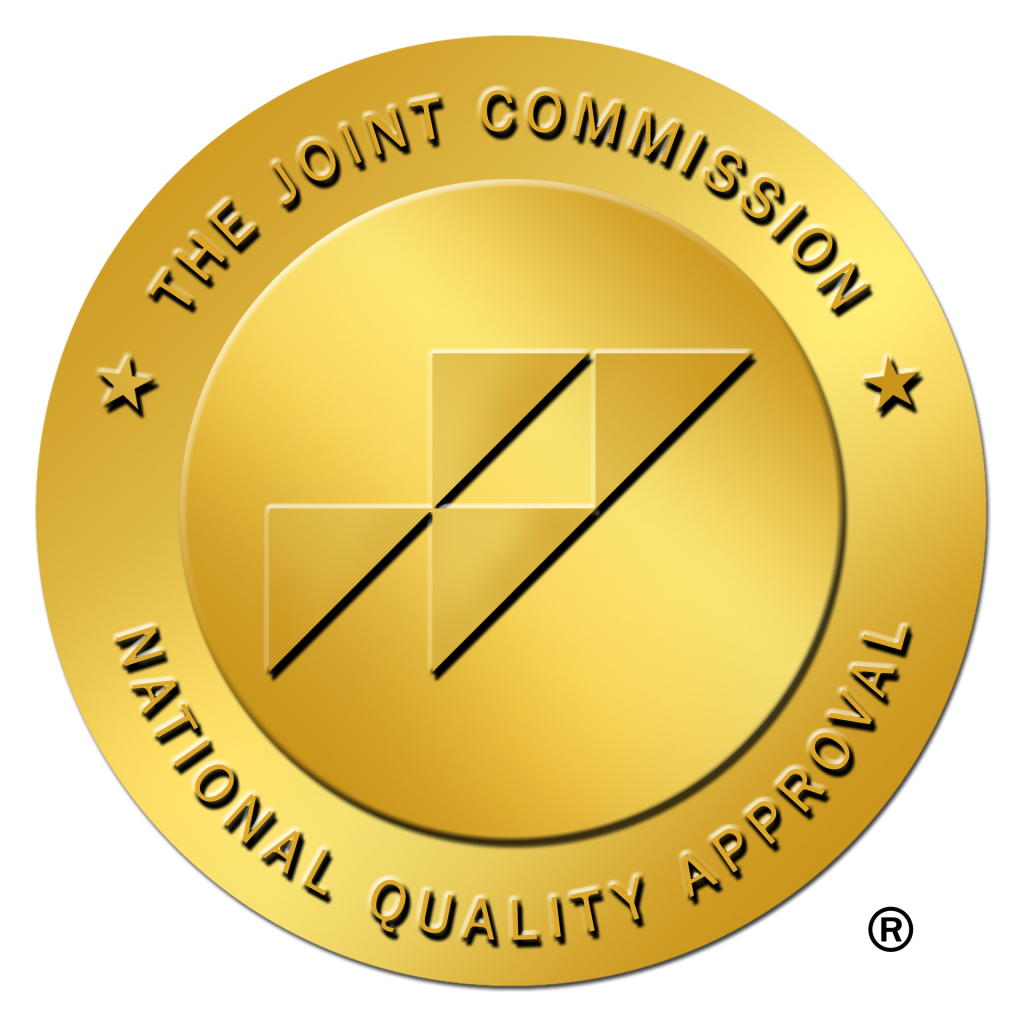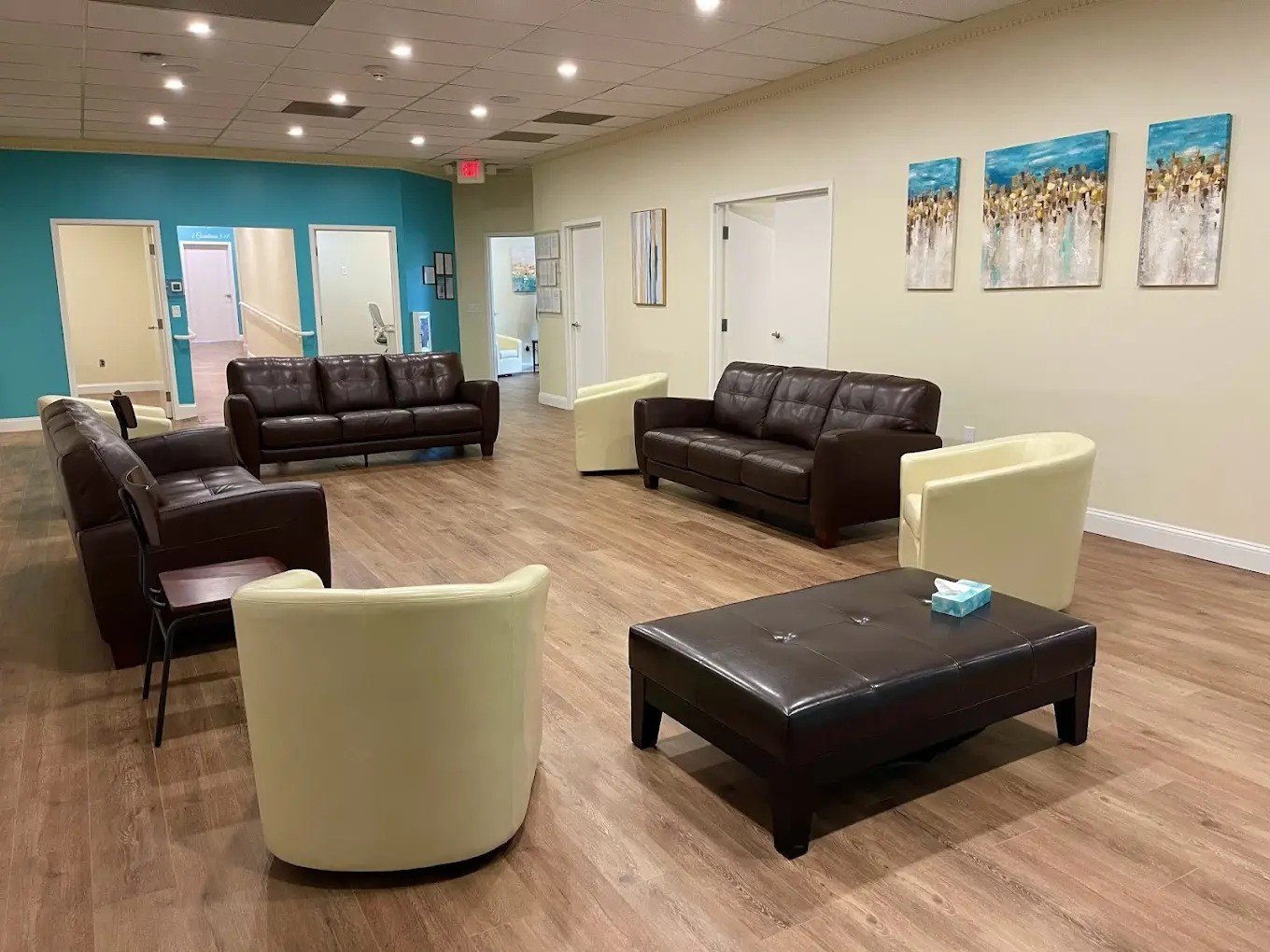Christian Drug Rehab Nj
Faith and Recovery: A Symbiotic Relationship
For individuals seeking healing from addiction in New Jersey, a faith-based approach can provide a unique and supportive path. Christian drug rehab centers in New Jersey offer an environment where spiritual beliefs are intertwined with therapeutic strategies, paving the way for comprehensive recovery. These centers focus on spiritual renewal alongside addressing the physical and psychological aspects of addiction, fostering holistic healing and personal growth.
Faith in a higher power can be a powerful motivator and source of strength during the recovery process. Many individuals find solace in prayer, meditation, and religious community support, which are often integral components of christian drug rehab nj facilities. This dual approach can build resilience, cultivate hope, and instill a sense of purpose, critical to overcoming addiction.
Incorporating spirituality in addiction recovery can facilitate profound transformations and long-lasting sobriety. Rehabilitation programs that emphasize faith not only focus on abstaining from substances but also encourage rebuilding life in alignment with one’s spiritual values and beliefs.
Exploring Christian Rehab Programs in New Jersey
Christian drug rehab nj facilities offer a variety of programs customized to meet individual needs. These programs often include inpatient and outpatient options, ensuring flexibility for participants who have different life responsibilities. New Chapter Recovery, for instance, provides outpatient treatment that includes Partial Hospitalization Programs (PHP), Intensive Outpatient Programs (IOP), and Outpatient Programs (OP), each designed to integrate seamlessly into the patient’s daily life.
Participants in these programs can benefit from a range of therapies, including group and individual counseling sessions that may incorporate biblical teachings and 12-step principles. The presence of religious services and pastoral counseling can further enrich the recovery experience, supporting participants in their journey towards sobriety and spiritual growth.
Medication-Assisted Treatment in a Christian Context
While focusing on faith-driven healing, some Christian drug rehab centers in NJ also incorporate medication-assisted treatment (MAT) to support recovery. MAT is particularly beneficial for individuals dealing with severe addictions such as opioids or alcohol, as it helps manage withdrawal symptoms and reduces cravings.
The incorporation of medication does not negate faith-based approaches. Instead, it complements them, offering a comprehensive treatment plan that addresses both physiological and psychological aspects of addiction. Combining medication with spiritual guidance and counseling creates a balanced approach, enabling individuals to effectively manage their addiction while deepening their spiritual faith.
Dual Diagnosis and Mental Health Considerations
Addiction frequently co-occurs with mental health disorders, making dual diagnosis an essential component of effective treatment. Christian drug rehab nj centers often incorporate dual diagnosis treatment in their programs to address these intertwined challenges, ensuring that both the addiction and mental health issues are treated simultaneously.
Treatment plans typically include trauma-informed clinical practices, ensuring that care is sensitive to the past experiences and emotional needs of each individual. By addressing mental health conditions alongside addiction, these programs foster a more profound and holistic healing process.
Qualified professionals, including clinicians and spiritual counselors, collaborate to create an individualized treatment plan. This tailored approach allows for the integration of evidence-based therapies with spiritual counseling, creating a supportive environment conducive to recovery and mental wellness.
Through dual diagnosis treatment, patients not only gain coping strategies for their mental health conditions but also find ways to align their recovery journey with their spiritual beliefs, enhancing long-term sobriety and personal growth.
Personalized Treatment Plans for Lasting Recovery
Christian drug rehab nj centers emphasize personalized treatment plans tailored to each individual’s needs and spiritual beliefs. New Chapter Recovery exemplifies this by offering personalized and structured care that integrates both evidence-based therapies and faith-based principles.
The multidisciplinary clinical team at New Chapter Recovery plays a pivotal role in crafting these plans, taking into account the patient’s physical, psychological, and spiritual needs. This personalized approach ensures that every aspect of a patient’s life is considered and addressed, supporting a holistic recovery journey.
Patients work closely with their treatment team to set achievable goals, ensuring that their recovery plan is both practical and spiritually fulfilling. With support from experienced professionals, patients can navigate through their recovery process with confidence and clarity, all while maintaining their connection to their faith and community.
The Role of Community and Family Support
Community and family support are crucial elements in the recovery journey. Christian drug rehab nj programs often involve family therapy sessions to help rebuild and strengthen family relationships, which are often strained by addiction.
These centers encourage participation in support groups that are faith-based, providing a network of individuals who share similar beliefs and challenges. This community support extends beyond the rehab experience, offering ongoing encouragement and accountability as individuals continue their path to recovery.
Integrating Faith with Modern Therapies
Combining faith-based approaches with contemporary therapeutic modalities forms the foundation of Christian drug rehab in New Jersey. New Chapter Recovery integrates spiritual guidance with a variety of therapies, including Cognitive Behavioral Therapy (CBT), Dialectical Behavior Therapy (DBT), and Acceptance and Commitment Therapy (ACT), to provide a well-rounded treatment experience.
By blending these approaches, individuals can explore their faith while developing essential life skills and coping mechanisms. The synergy between faith and therapy empowers individuals to confront addiction with a holistic and resilient mindset, enhancing their chances for sustained recovery.
Contemporary therapies help individuals understand the underlying triggers of their addiction, while spiritual practices offer comfort and a sense of purpose, reinforcing the foundation for change and growth. This integration ensures that treatment is both spiritually nourishing and psychologically effective, leading to better recovery outcomes.
A Focus on Relapse Prevention and Long-Term Recovery
Relapse prevention is a critical component of Christian drug rehab nj programs, aiming to equip individuals with the tools needed to maintain their sobriety. New Chapter Recovery places significant emphasis on this aspect, providing structured OP step-down care focused on long-term relapse prevention.
Through continuous support and individualized counseling, participants learn to identify and manage potential triggers, ensuring they remain vigilant and prepared. Faith-based elements, such as prayer and reflection, offer an additional layer of support, helping individuals stay grounded in their recovery journey.
Aftercare planning further reinforces this focus, helping individuals transition smoothly back into their communities and daily lives. Regular check-ins and accountability measures are established to support long-term sobriety, emphasizing the importance of ongoing growth and spiritual commitment.
By fostering a strong foundation and offering continuous support, christian drug rehab nj facilities help individuals achieve and maintain lasting recovery. This comprehensive approach ensures that sobriety is not just a temporary phase but a sustained lifestyle change.
How does integrating faith into the recovery process enhance addiction treatment outcomes?
Integrating faith into the recovery process can deeply enhance addiction treatment outcomes by providing a source of hope, motivation, and community support. At New Chapter Recovery, this integration is seen as an opportunity to blend spiritual renewal with evidence-based therapies. Clients often report a sense of peace and purpose gained through prayer and meditation, which can fortify their resilience during challenging phases of their recovery journey. This approach not only aids in abstaining from substances but also promotes a holistic transformation by aligning one’s lifestyle with spiritual beliefs, which can lead to long-term sobriety.
Have you ever relied on a belief system or community that provided strength during difficult times? This could be a fascinating topic to explore further.
What are the unique features and benefits of Christian rehab programs in New Jersey?
Christian rehab programs in New Jersey, like those offered by New Chapter Recovery, bring a unique blend of faith-based principles and modern therapies. These programs are particularly beneficial for those who seek a comprehensive recovery approach that respects their spiritual beliefs. With options ranging from Partial Hospitalization Programs (PHP) to Intensive Outpatient Programs (IOP), individuals find flexibility to fit treatment into their lives. The inclusion of pastoral counseling and biblical teachings within therapy sessions often adds a layer of comfort and familiarity, fostering a robust support network that extends into the community. This dual approach helps in addressing both the addiction and the spiritual decline that often accompanies it.
Have you considered how including spiritual elements in treatment could impact personal and community relationships?
Is it possible to incorporate medication-assisted treatment within a Christian drug rehab context effectively?
Absolutely, integrating medication-assisted treatment (MAT) within a Christian rehab setting is not only possible but can be highly effective. At New Chapter Recovery, MAT is used to manage withdrawal symptoms and reduce cravings, especially for severe dependencies like opioids and alcohol. This method is harmoniously incorporated with spiritual guidance, ensuring that the faith-based approach is not compromised. It offers a holistic treatment plan that addresses both the physiological aspects of addiction and the spiritual journey of the individual. By doing so, it underscores the principle that healthcare and spirituality can work hand-in-hand towards the goal of recovery.
What are your thoughts on blending modern medical practices with traditional spiritual healing methods? Let’s discuss further!
How does addressing dual diagnosis improve the treatment outcomes in Christian drug rehab programs?
Addressing dual diagnosis is crucial in improving treatment outcomes, especially within Christian drug rehab programs. These facilities, including New Chapter Recovery, recognize that addiction often co-occurs with mental health conditions, requiring an integrated treatment approach. By providing dual diagnosis services, they ensure that both the addiction and any underlying mental health issues are treated simultaneously. This comprehensive care often includes trauma-informed practices and spiritual counseling, which can significantly enhance recovery. By aligning mental health recovery with spiritual growth, these programs support a well-rounded healing process, fostering lasting sobriety and personal development.
Have you or someone you know experienced the interconnection between mental health and spiritual well-being?
What role does community and family support play in the success of Christian drug rehab programs?
Community and family support are pivotal in the success of Christian drug rehab programs. At New Chapter Recovery, family involvement is encouraged through therapy sessions designed to mend and strengthen familial bonds that addiction might have strained. Community support through faith-based group activities offers individuals a network of like-minded peers who understand and share similar challenges. This network extends beyond treatment, providing ongoing encouragement and accountability. Such support can be instrumental in building a sense of belonging and stability, which are crucial for sustained recovery.
How might community support influence your perspective on recovery and personal growth?
In what ways can faith-based approaches and modern therapies be effectively integrated in addiction treatment?
Faith-based approaches and modern therapies can be seamlessly integrated to enrich addiction treatment. By combining traditional spiritual practices with contemporary modalities, New Chapter Recovery creates a balanced treatment plan that addresses the unique needs of each individual. For example, Cognitive Behavioral Therapy (CBT) can help uncover and address the triggers of addiction while spiritual practices offer comfort and purpose. This integration encourages individuals to confront addiction with a comprehensive mindset, enhancing their coping mechanisms, emotional resilience, and spiritual growth. The combination makes recovery more holistic, targeting both the mind and the soul.
What are your reflections on how faith and therapy can work together to support recovery?
Why is relapse prevention a critical component in Christian rehab programs?
Relapse prevention is absolutely crucial in Christian rehab programs because it equips individuals with the tools necessary for maintaining long-term sobriety. At New Chapter Recovery, relapse prevention is emphasized through structured step-down care and individualized counseling. Participants learn to identify potential triggers and develop coping strategies, with spiritual practices like prayer offering additional support. This multifaceted approach helps individuals stay grounded and committed to their recovery journey. Moreover, aftercare planning ensures a smooth transition back into everyday life, reinforcing the principles and habits cultivated during treatment.
Consider what strategies you believe are vital in preventing relapse and maintaining a healthy lifestyle post-treatment.
Resources
- Substance Abuse and Mental Health Services Administration (SAMHSA) – SAMHSA is the leading agency within the U.S. Department of Health and Human Services working to reduce the impact of substance abuse and mental illness on America’s communities.
- National Institute on Drug Abuse (NIDA) – NIDA is a government organization that conducts research to advance the science on the causes and consequences of drug use and addiction and to apply that knowledge to improve individual and public health.
- American Psychiatric Association – The American Psychiatric Association is a professional medical society representing more than 36,000 psychiatrists in the United States.
- American Psychological Association – The American Psychological Association is the largest scientific and professional organization representing psychology in the United States.
- National Alliance on Mental Illness (NAMI) – NAMI is the nation€™s largest grassroots mental health organization dedicated to building better lives for the millions of Americans affected by mental illness.






